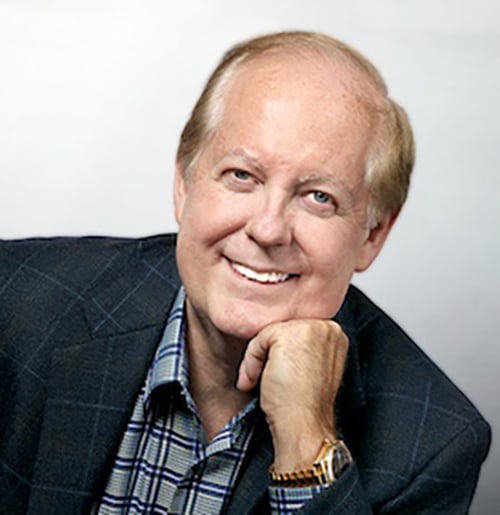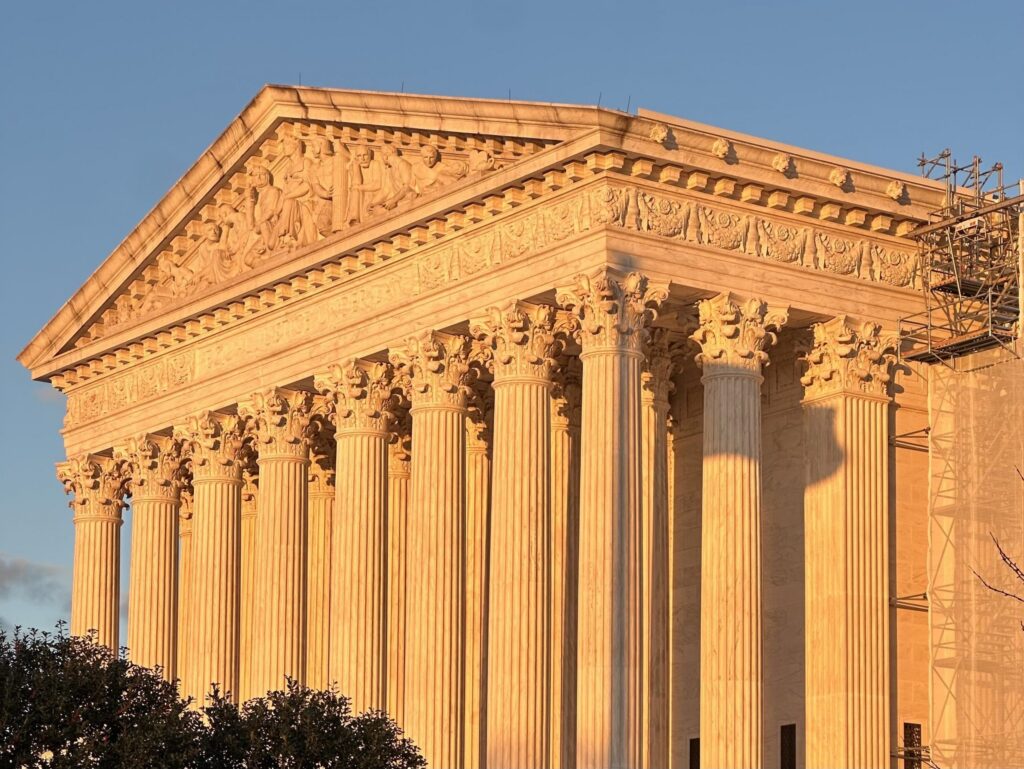
[ad_1]
By Eldon L. Ham
My hometown Toulon, Illinois, is a small farm community of 1,200 souls about three hours southwest of the Chicago sprawl. During my youth, it featured five gas stations; four churches; three grocery stores and two doctors, which said something about gas, God and medicine in my 1960s rural America.
We also had one community library, and that made a great difference. There were two lawyers in town too and one courthouse on Main Street guarded by a genuine Civil War cannon in addition to our Toulon Public Library. The cannon is fired one time each year to start the Old Settlers Day parade, and in 2019, it even blasted the ashes of a beloved neighbor, Shirley, down Main Street and into eternity, just as she had wished.
I admired the lawyers and was determined to be one someday, but it was our library that first altered my life. I was born with an oft-misunderstood blood-clotting disorder called hemophilia. Its propensity to cause internal bleeding is life threatening, and it commonly damages joints, especially when not treated. There was no treatment in those old days, and there still is no cure. But long ago, my dad found something remarkable at our public library: hope.
Ours was an original Carnegie library, a local treasure built by the prescient steel magnate in 1914. My father discovered it in 1960 when I was 8 years old, and he was a factory worker at our local Kraft cheese plant.
He had missed out on college but loved reading. He found solace at that library, devouring books that featured Tom Sawyer, Scarlett O’Hara, history and world geography. He took many distant journeys through the writings of Emerson, Kipling, Churchill and Barbara Tuchman—one of his favorites. He was especially impressed by Tuchman’s take on the “shot heard round the world” beginning to Emerson’s Concord Hymn, which she called the best four lines in American literature. I memorized them years ago, just because.
Our Carnegie was a dignified brick edifice built for $6,000. It was an oasis for knowledge, not some bogus den of “literary filth” that today’s short-sighted cynics might pretend. I grew up two blocks north of that library in a two-bedroom house with one magical front porch swing. My dad often occupied that swing—always with a book.
The basic library was one giant room introduced by the massive desk of our town librarian and holistic health nut, Ella. It had a nostalgic aroma of wood and books, and every sound of footsteps or scooting chairs echoed off its high ceilings. Somehow the whole place managed to be quiet and loud at the same time.
Decades later I too found comfort not only in reading books but in writing them—largely inspired by my father and our library maven Ella. After many failed attempts, my first book was eventually published in 1997. It was researched almost entirely at the public library in Highland Park, Illinois, a congenial Chicago suburb that recently suffered through a widely reported 2022 Independence Day mass shooting.
There were virtually no public libraries in America before steel tycoon Andrew Carnegie built 1,689 of them from 1889 to 1923, many in rural communities. Carnegie, the wealthy industrialist immigrant known for U.S. Steel, Carnegie Mellon University and Carnegie Hall, had envisioned public libraries as an accessible portal to knowledge and distant places long before the internet.
Americans visit libraries more than we attend the movies, yet libraries have become recent targets for culture war politics. Nonetheless, most of us go because modern libraries are dynamic centers for learning, discourse and access to research and the internet. My own Carnegie library, planted in a vast sea of Midwestern corn surrounding the plaintive Spoon River, probably saved my life.
As a little boy with what doctors call hemophilia B, I had many bouts with unchecked swellings in my knees and other joints that kept me awake for days, suffering and often screaming into my pillow each night.
When my health deteriorated, my father consulted Ella, our local librarian and health nut, then he consumed every library book on health and nutrition that he could find. He decided to experiment on me with fresh vegetables, food supplements and vitamins. It did not cure me, but my healthier body began to recover a little faster and better. That likely saved me until new clotting factor treatments changed my life in 1972 when I was 20 years old.
Through a patchwork of loans, scholarships and luck, I made it through college at the University of Illinois in Urbana-Champaign. A mishap there once landed me in the local hospital, where I discovered a real hematologist for the first time.
Armed with medical science and renewed hope, I tackled law school at the Illinois Institute of Technology’s Chicago-Kent College of Law, where I encountered still more libraries. One of them was called “the morgue.” It was located at my weekend part-time job: the Chicago Tribune newsroom. I was hired to run copy among the reporters and editors, a dream position. The quiet morgue was where the Trib stored thousands of clipped articles organized by topic and folded into wooden card catalog-style drawers.
After an economic downturn in the 1970s, much rural manufacturing left downstate Illinois. In 1985, my parents made the quantum leap from country living to Chicago, where I had settled in as a young lawyer.
My dad found work in the internal library of a large law firm (Schiff Hardin) with hundreds of lawyers in the monstrous Sears Tower, where he flourished and was revered by his boss and co-workers. At age 53, my mother courageously became a bank teller across the street, her first outside job. They took the bus to work together, being sure to arrive on “Toulon time,” which meant an hour early, just in case.
I married a suburban Chicago girl, who later worked as a librarian and teacher at our local middle school. She also ran the summer school program and joined our community library board—twice—all in the suburban town where our two children would grow up.
She stresses that modern libraries are not just about books. They are information centers and offer access to the internet for those who need it. After all, public libraries are one of the few places where users don’t have to pay anything or buy something.
Libraries are “uber-local,” a pulse of the community. They are a curator of resources, not some evil distributor of propaganda. Their books are carefully chosen for their worth, content, diverse viewpoints and community interests, not to indoctrinate or manipulate. Those books should be celebrated, debated or criticized but not banned.
My transplanted mom and dad eventually retired, and they died several years later. Toulon’s old Carnegie building still stands. But now, it houses part of the Stark County Historical Society.
The actual library moved to a newly built modern facility near the town’s health center. It offers books, computers, access to the internet and portals to far-away places. Its inviting fireplace and reading lounge are named for my parents: John and Dolores Ham. They are buried not far away.
I have now practiced law in Chicago for nearly 50 years. Once, when I stood at the Piraeus, the historic port of nearby Athens described by Plato and Socrates, I realized that my father, of all people, had already been there. Of course, he had. Thanks to the endless journeys that he had taken from Toulon’s Carnegie library.
Eldon L. Ham is a member of the faculty at the Illinois Institute of Technology’s Chicago-Kent College of Law, where he has taught since 1994. He is also the designated legal analyst for sports radio station WSCR in Chicago and is the author of five books on topics of sports history. For more information, visit his website at EldonHam.com.
ABAJournal.com is accepting queries for original, thoughtful, nonpromotional articles and commentary by unpaid contributors to run in the Your Voice section. Details and submission guidelines are posted at “Your Submissions, Your Voice.”
This column reflects the opinions of the author and not necessarily the views of the ABA Journal—or the American Bar Association.
[ad_2]
Source link


